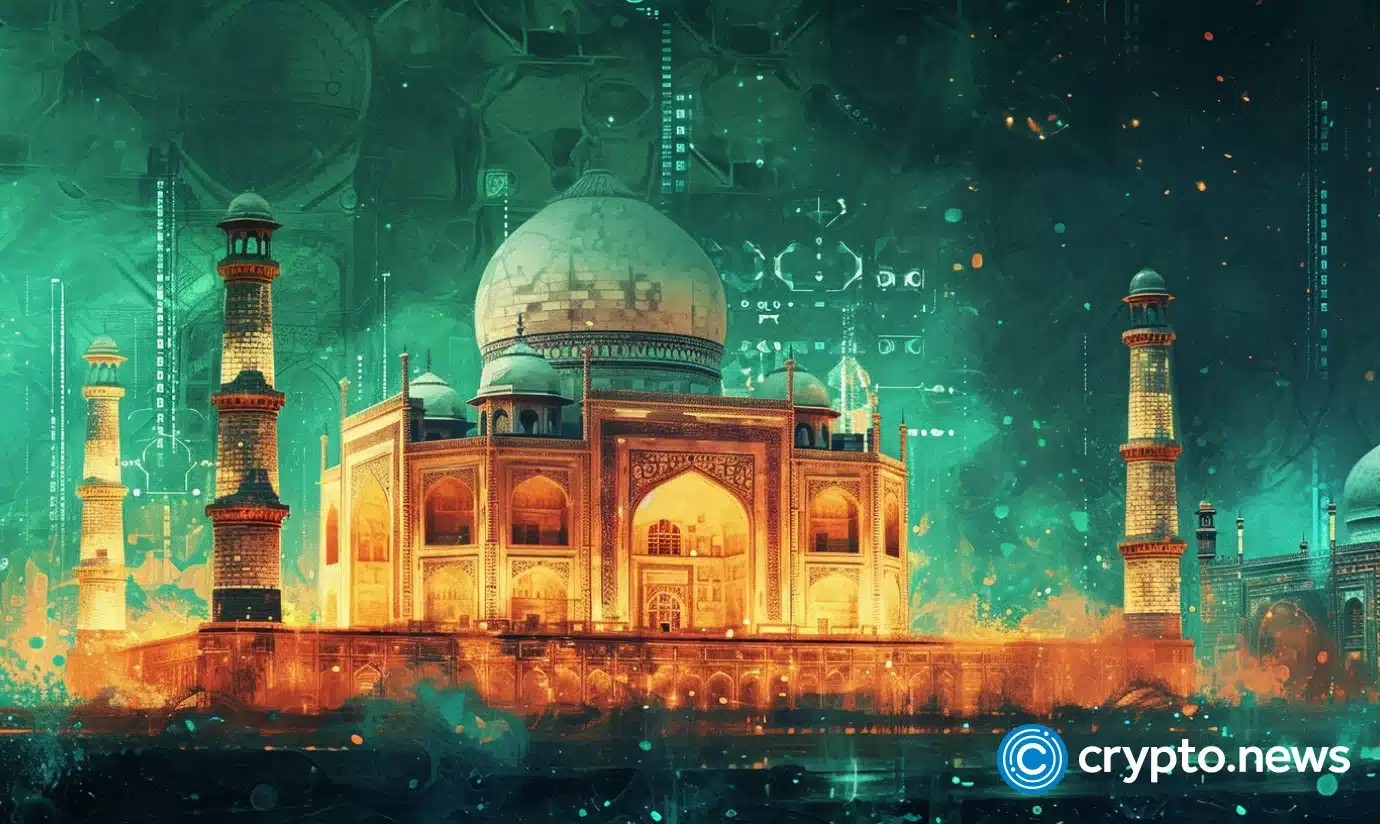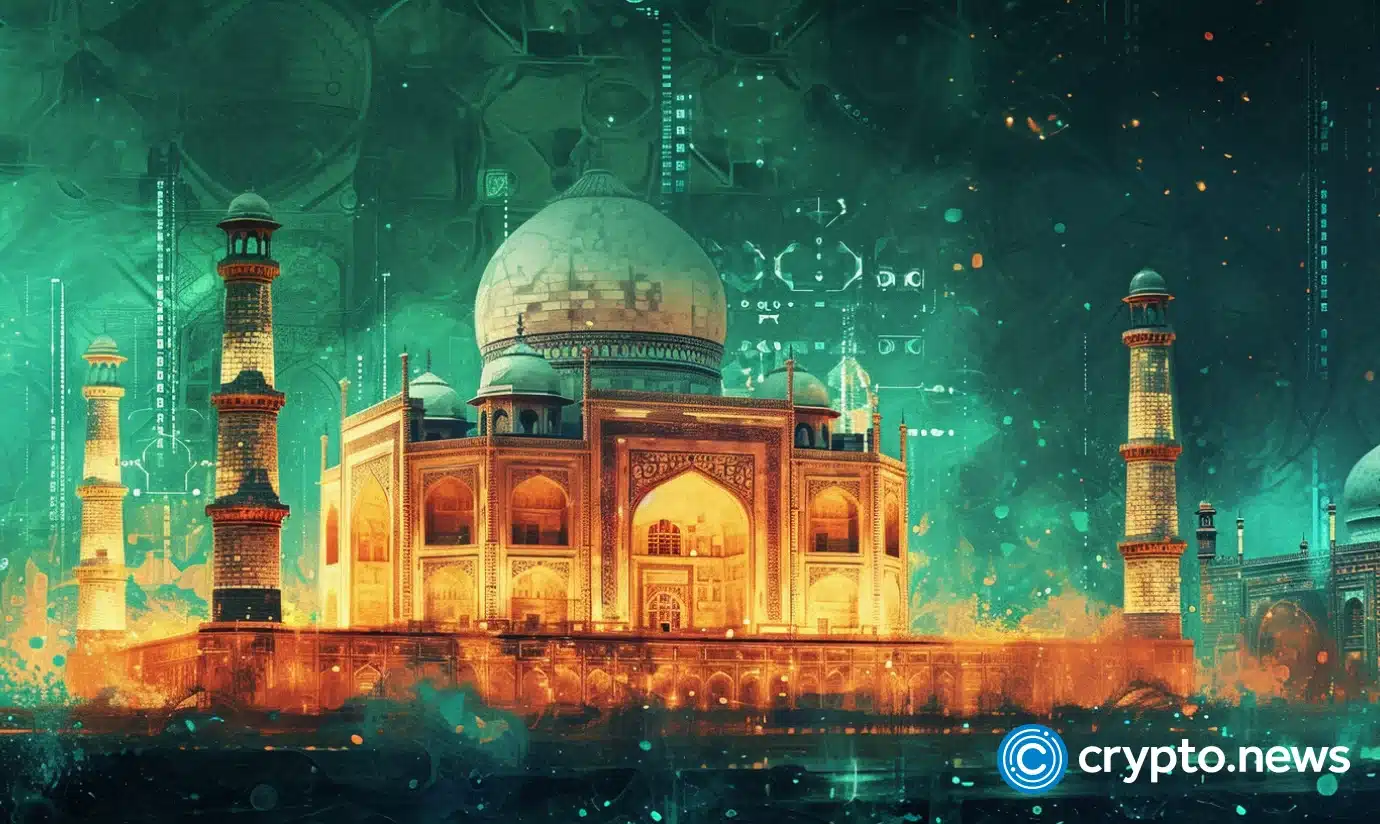
Mumbai, the financial capital of India, has launched a metaverse initiative aimed at previewing and showcasing the city’s infrastructure developments.
A new initiative called the Mumbai Metropolis Metaverse has launched offering 3D and virtual reality experiences of ongoing and future projects in and around one of India’s most populous cities.
The project, designed to provide a virtual tour of the city’s infrastructural advancements, including newly opened roads that span the Arabian Sea to alleviate traffic congestion, enhance connectivity, and promote cleaner air, is being spearheaded as a metaverse feature to offer underground and undersea tunnels intended to facilitate intra-city travel.
The Deputy Chief Minister of Maharashtra, Devendra Fadnavis, introduced the metaverse project on Feb. 19, utilizing the social media platform X to invite global users to explore Mumbai’s transformation. The platform is available through its website and downloadable apps on Google and Apple app stores, aiming to offer residents the ability to virtually track the progress of significant megaprojects that affect their daily lives.
Fadnavis underlined his ambition to elevate Mumbai’s transport efficiency beyond that of cities like Bengaluru, Delhi, and Chennai over the next five years, highlighting the dedication to enable city-wide travel within 60 minutes. The metaverse app introduced by Mumbai aims to present these advancements to its users in an engaging and interactive manner.
The metaverse is expected to spotlight 12 key projects, including the Mumbai-Ahmedabad Bullet Train Corridor and the Mumbai Metro, among others, signifying a pivotal shift towards redefining Mumbai’s urban landscape.
India is no stranger to the metaverse landscape, with private sector innovations further pushing the boundaries of virtual engagement. Maruti Suzuki India Limited, a leading automobile manufacturer, has unveiled ArenaVerse, a metaverse platform designed for its Arena showroom network. This initiative allows users to interact with Maruti Suzuki vehicles in a virtual environment, offering a more dynamic and immersive customer experience.
Additionally, Taki, a Web3 token-powered social platform, has entered its beta phase, promising to reward content creators and users for their engagement with the platform through $TAKI tokens.
Meanwhile, the Indian central bank is exploring offline functionalities for its central bank digital currency (CBDC), the digital rupee, to facilitate transactions in areas with limited internet connectivity. Announced during a Monetary Policy Committee review on February 8, this move by the Reserve Bank of India (RBI) aims to enhance the CBDC’s accessibility.
The RBI’s focus on blockchain technology is further evidenced by the National Payments Corporation Of India’s earlier recruitment drive for blockchain specialists, indicating a broader commitment to incorporating blockchain solutions in financial technologies.













